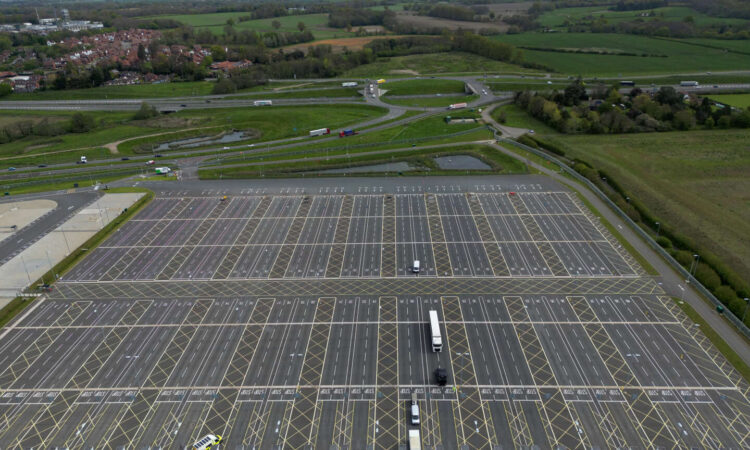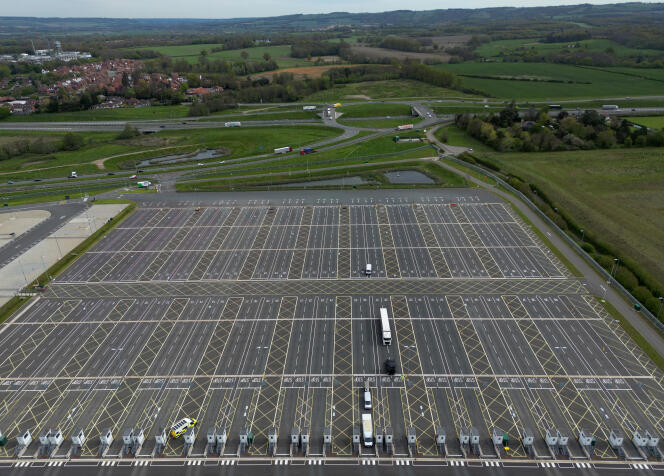

Brexit wasn’t a one-off event, it’s a never-ending process. Eight years after the referendum (June 23, 2016), four years after the UK’s official exit from the European Union (EU), three years after the effective exit from the European single market (January 1, 2021), new border controls have just come into force.
On Tuesday, April 30, British customs began physical checks on plant and animal products entering the UK. These checks have existed in the other direction (from the UK to the EU) since January 2021, but the British authorities had so far postponed the start of their own checks five times, fearing they would cause chaos at the border.
The new rules have provoked an outcry from small businesses because they come with fees that companies have to pay: £29 per product category. If an exporter sends meat, dairy and fish at the same time, that’s three categories, and therefore three payments. In total, the British government has estimated the cost to British businesses at £330 million a year. On the scale of an economy like the UK, this is a limited cost, but one that looks set to add 0.2% inflation on food products over three years, according to calculations by the UK authorities.
Brexit was a rare experiment from an economic point of view. Here was a country that chose to erect barriers with its main trading partner, which accounts for almost half of its trade. The agreement signed with the EU has avoided the return of customs duties but imposed expensive declarations (import and export forms, health certificates, etc.). Two and a half years later, the result is a slow erosion of British trade.
At the end of 2023, imports and exports of goods in the UK were 10% below their 2019, pre-pandemic levels, while those of the other G7 countries were 5% above on average. “The UK’s trade intensity [its exports and imports as a percentage of gross domestic product] has not recovered in line with other G7 countries,” reported a study published in March by the Office for Budget Responsibility (OBR), a body that forms part of the UK Treasury.
“At first glance, the UK’s 2023 trade performance is exactly what you might expect from an economy adapting to new trade barriers – losing momentum like a tire with a ‘slow puncture’,” said Emily Fry, in a study published in February for the think-tank Resolution Foundation. Behind the obvious, however, lies a surprise: Trade in goods has fallen not only with the EU, but also with the rest of the world, at roughly the same rate.
Drop in investment
You have 40.55% of this article left to read. The rest is for subscribers only.






